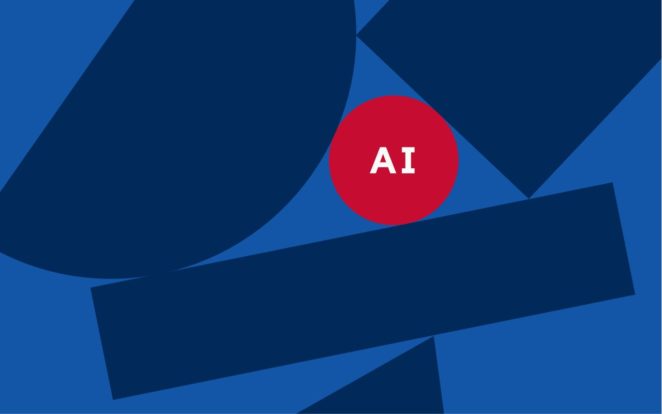Despite the predictions of artificial intelligence taking over millions of jobs, it is the employers who need to be at stake. The deficit of AI professionals is merely a part of the challenge, says research. Although AI is predicted to replace tens and hundreds of employees working towards a shared mission with a single solution, however, behind all these predictions, they are meant for a longer term. Probably twenty to thirty years down the line.
An analysis conducted by PwC’s automation study says that stressing on AI and ruling out saying that it is the main cause for mass unemployment is not radical. This technology is not smart enough to conduct any task on its own. According to the study, an analysis was done taking in 29 countries into consideration, and the result, a mere 1% of the jobs will lose to automation that included AI as a subset. The present AI is more about enhancing the human power making them better at decision making and helping them become more productive. Currently stressing on AI being the core subject for unemployment is not necessary.
Artificial intelligence may have a bigger impact in the foreseeable future, nonetheless, AI is developing at a breakneck speed. It can be tough to say how the future of AI will be in the coming twenty to thirty years. Yet, there are certain trends that are prominent that organizations need to consider. Recruiting a new talent shouldn’t be the only answer but retaining them as well, on the longer run.
Plentiful Jobs but No Resources
The market is filled with a buzz that AI will be replacing millions of jobs. And no doubt with the capability of what AI can do, more employees are needed in the current job market. A survey, global CEO survey stated that there are 70% of people who were worried about the availability of digital skills in a senior leadership team and 76% in the entire workforce as a whole.
More organizations need to recruit tech savvies skilled in artificial intelligence. Besides the artificial intelligence engineer and AI specialists, organizations will need their current programs and developers to reskill and adapt to becoming AI savvy.
What they’re not aware of
Have you heard? Employees working with AI won’t be needing a Ph.D. in computer science anymore, however, segregating your algorithms and feeding data into AI models is a must-learn skill. Besides this, you will also need to know how to interpret the results, when to choose the algorithms and when to step in the process. A few learning programs and courses will suffice employees to get into the basics. Organizations need to re-skill their employees to prepare them for future jobs. Global leaders are much aware of the challenge AI poses, no wonder why AI had been one of the top trending subjects at the World Economic Forum held last year in 2018.
Hey, we got the people, but they aren’t working together
Most often companies that have recently started working with AI tend to complain saying that AI is causing a hindrance due to lack of coordination. The new technology needs collaboration across different functions. One may simply say that artificial intelligence is a technology that caters hospital staffs make a decision regarding which medical procedure to authorize. Inputs will be needed from medical, AI specialists, cybersecurity, legal, finance, HR, and the compliance team as well.
To make artificial intelligence much more effective, it will require to access data from across the organization.
The current organizations will need to break barriers that will keep the employees’ function and the data in a union. Only by doing so can one be able to take benefit of the AI power. The artificial intelligence is set to enter our world in three ways, first which is already underway, second which has just begun (filling in forms, exchanging information) and third is when AI will be able to extract and analyze data in real time.



Well, when you can’t stop progress, simply adjust.